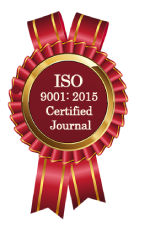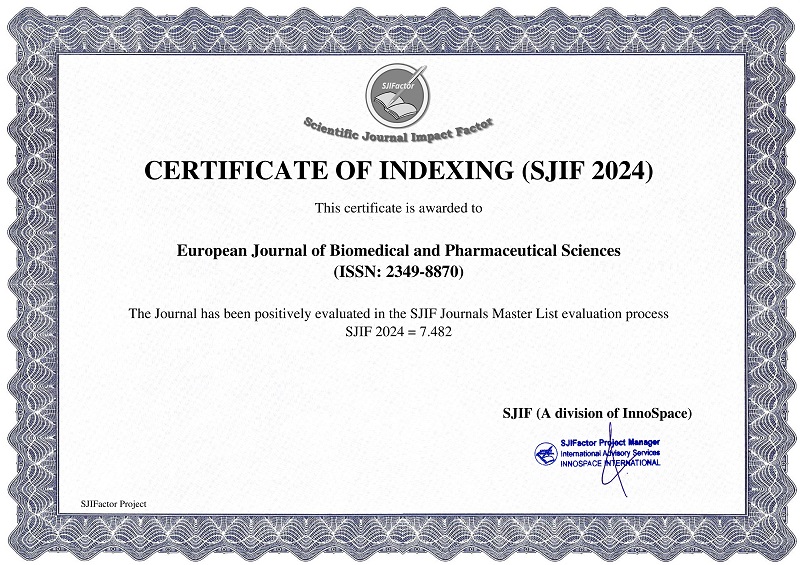THE METABOLIC ADVERSE EFFECTS OF WEIGHT GAIN IN THE PHARMACOTHERAPY OF ANTIPSYCHOTICS IN ADULTS AND OPTIONS TO REDUCE THEM
Nathaniel A. Caldwell* and Yuliya Modna
ABSTRACT
Since their introduction as the novel treatments of psychosis in the mid 20th century, antipsychotics (APs) have played a critical role in the treatment of psychotic disorders and mood disorders for the past 70 years. Presently in the COVID-19 global pandemic, mental health issues have come to the forefront of public health, but with the usage of these drugs comes certain side effects. Purpose: to determine the metabolic adverse effects of weight gain in the pharmacotherapy of antipsychotics in adults and options to reduce them. Research objectives: To provide summary on the use of antipsychotics, their metabolic side effects, and which, if any, should be used in patient populations to minimize the development of metabolic adverse effect. To find novel adjunct therapies that can be used with antipsychotics to minimize, negate, or reverse associated weight gain and metabolic complications. Results. Clozapine and olanzapine scored high with many “strong associations”, while risperidone, paliperidone, and quetiapine had mixed results. Ziprasidone, aripiprazole, cariprazine, and other novel antipsychotics scored many “no associations” between our parameters of weight gain, insulin resistance, etc and the drug’s usage. In terms of weight lost or managed, behavioral modification with low-calorie diet, metformin, and switching to a partial agonist antipsychotic showed “mildly strong association” with weight lost or managed. Data from CATIE shows olanzapine being the most effective studied antipsychotic, with clozapine being out of use during Phase 1. Clozapine has well documented efficacy as a second-line agent. All other antipsychotics, including first- generation perphenazine, performed equally effectively in Phase 1, beneath olanzapine. Conclusion: From our data, two main subcategories of antipsychotics were determined for clinical use. The first subcategory includes olanzapine and clozapine with excellent effectiveness but with high risk of metabolic side effects (among other side effects). The second subcategory includes most SGAs and novel antipsychotics, such as risperidone, paliperidone, quetiapine, ziprasidone, lurasidone, aripiprazole, brexpiprazole, cariprazine, and lumateperone. These drug’s demonstrated effectiveness and more favorable side effect profiles warrants usage in mainstream treatment of psychosis and mood stabilization. We have found that the switching to a partial agonist (novel APs), using metformin, having a low-calorie monitored diet, nutritional education, and supportive care allows patients to minimize and reduce weight gain and metabolic complications.
Keywords: “antipsychotic”, “weight gain”, “side effects”, “efficacy”, “metabolic”, “diabetes type 2”, “obesity”, “dyslipidemia”, and “weight loss”.
[Full Text Article]
[Download Certificate]


 Impact Factor : 8.181
Impact Factor : 8.181 






